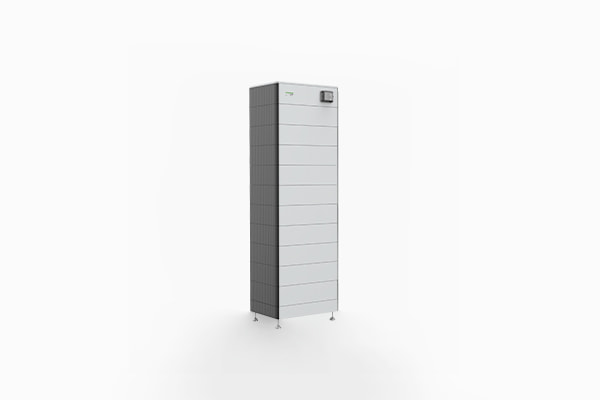Time:Feb 23, 2023 Views:894
With the development of new energy technology and the increasingly severe environmental problems worldwide, the use of solar and wind energy such as solar energy and wind energy has become one of the themes of today's era. In this article, we will focus on the use of solar energy to introduce you how to tailor -made photovoltaic Residential Energy Storage System for family residences.
Note: This article focuses on the overall design of the photovoltaic RESIDENTIAL ENERGY Storage System. The specific laws and regulations or government support mechanisms are not included in consideration.

Common misunderstandings when designing Residential Energy Storage System
1. Just pay attention to battery capacity
2. Standardization of the KW / KWH ratio in all application scenarios (there is no fixed ratio for all scenes)
In order to achieve the goal of reducing the cost of the average electricity price (LCOE) and improving the system utilization rate, when designing the photovoltaic Residential Energy Storage System based on different application scenarios, the two core parts of the two major core parts: photovoltaic system and battery system.
And how to accurately choose the photovoltaic system and the battery system, you need to consider the following points:
01 Solar radiation level
The local sunshine intensity has a great impact on the choice of photovoltaic systems. From the perspective of power consumption, the power generation capacity of photovoltaic systems is best enough to cover daily household energy consumption. Related data and other related data in the region can be obtained through the network.
02 System efficiency
Generally speaking, a complete photovoltaic RESIDENTIAL ENERGY Storage System has about 12 % of the power loss, which is mainly composed of the following points:
· DC / DC conversion efficiency loss
· Battery charging discharge cycle efficiency loss
· DC / AC conversion efficiency loss
· AC electricity charging efficiency loss

X

Appointment Experience